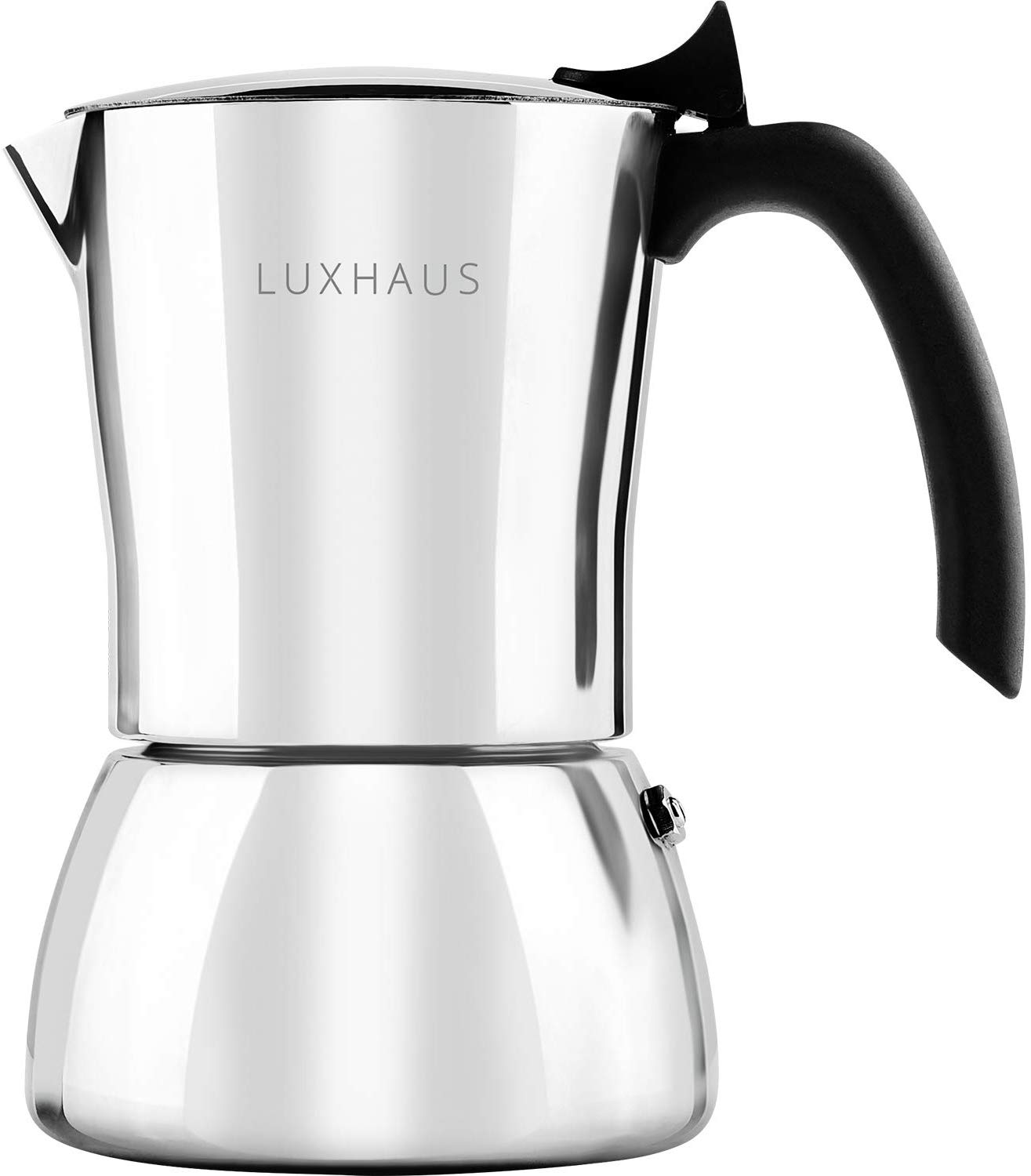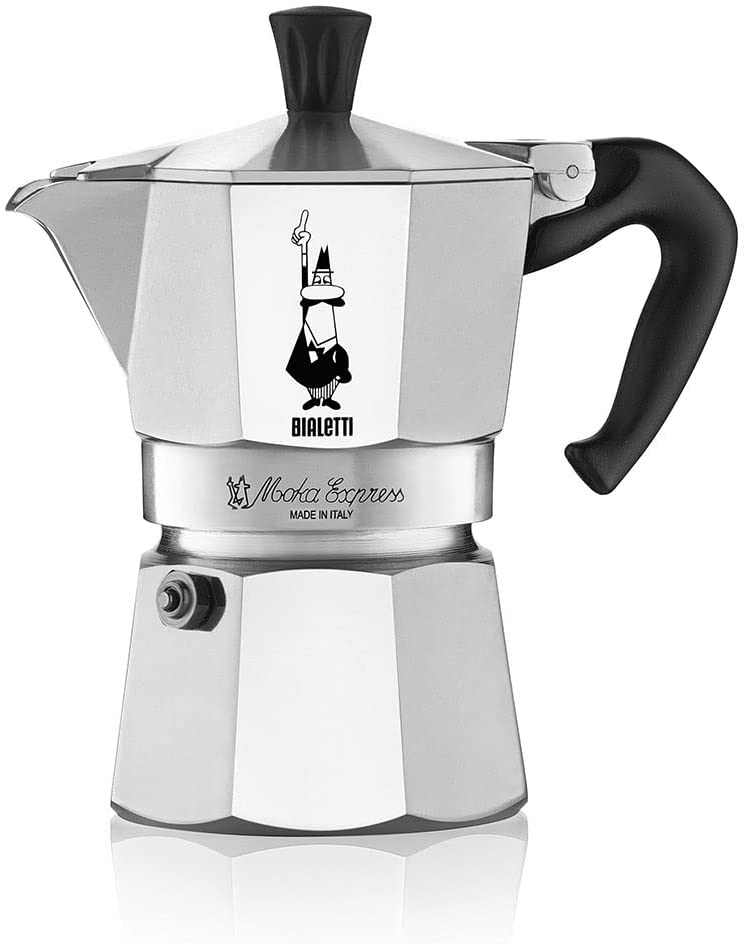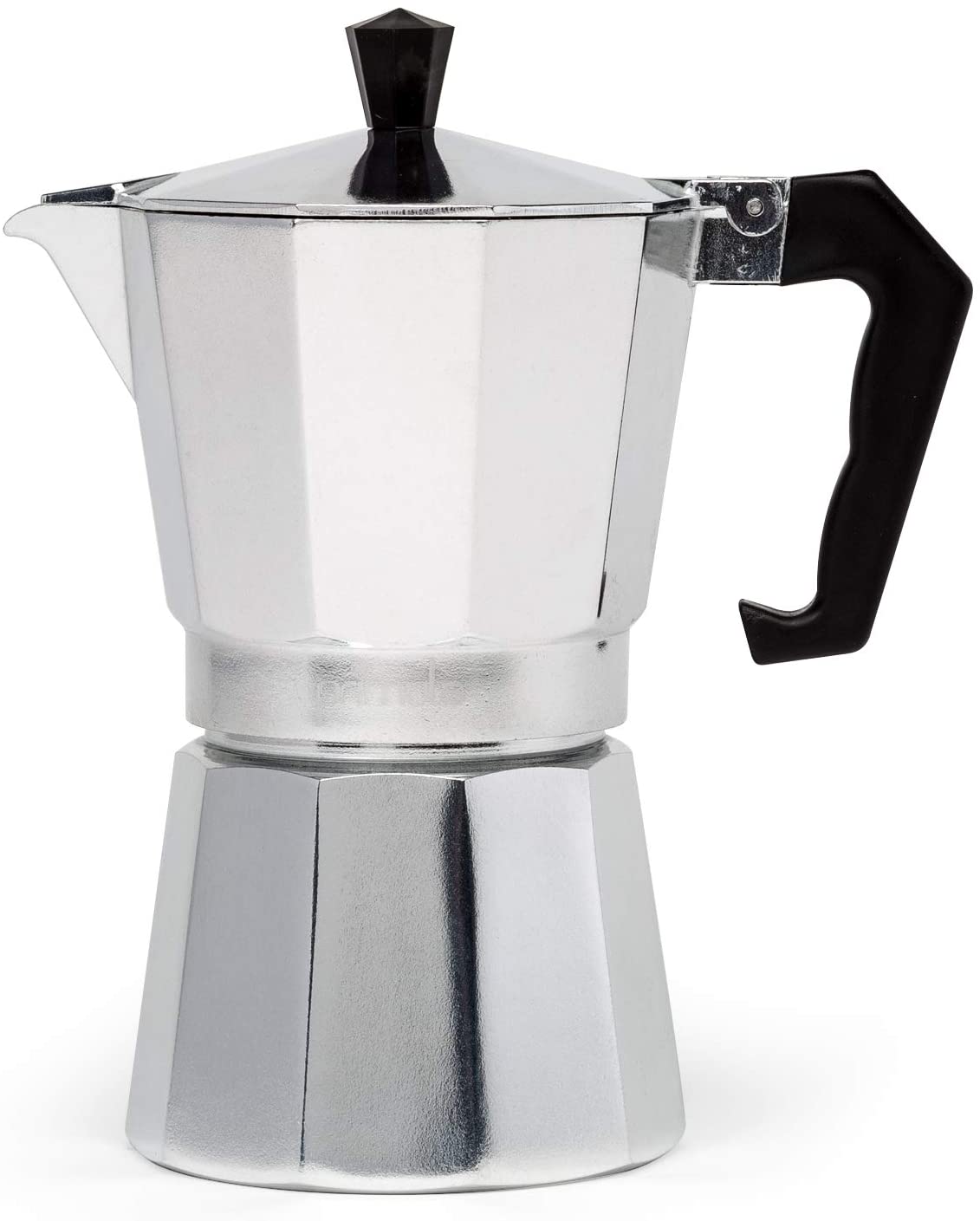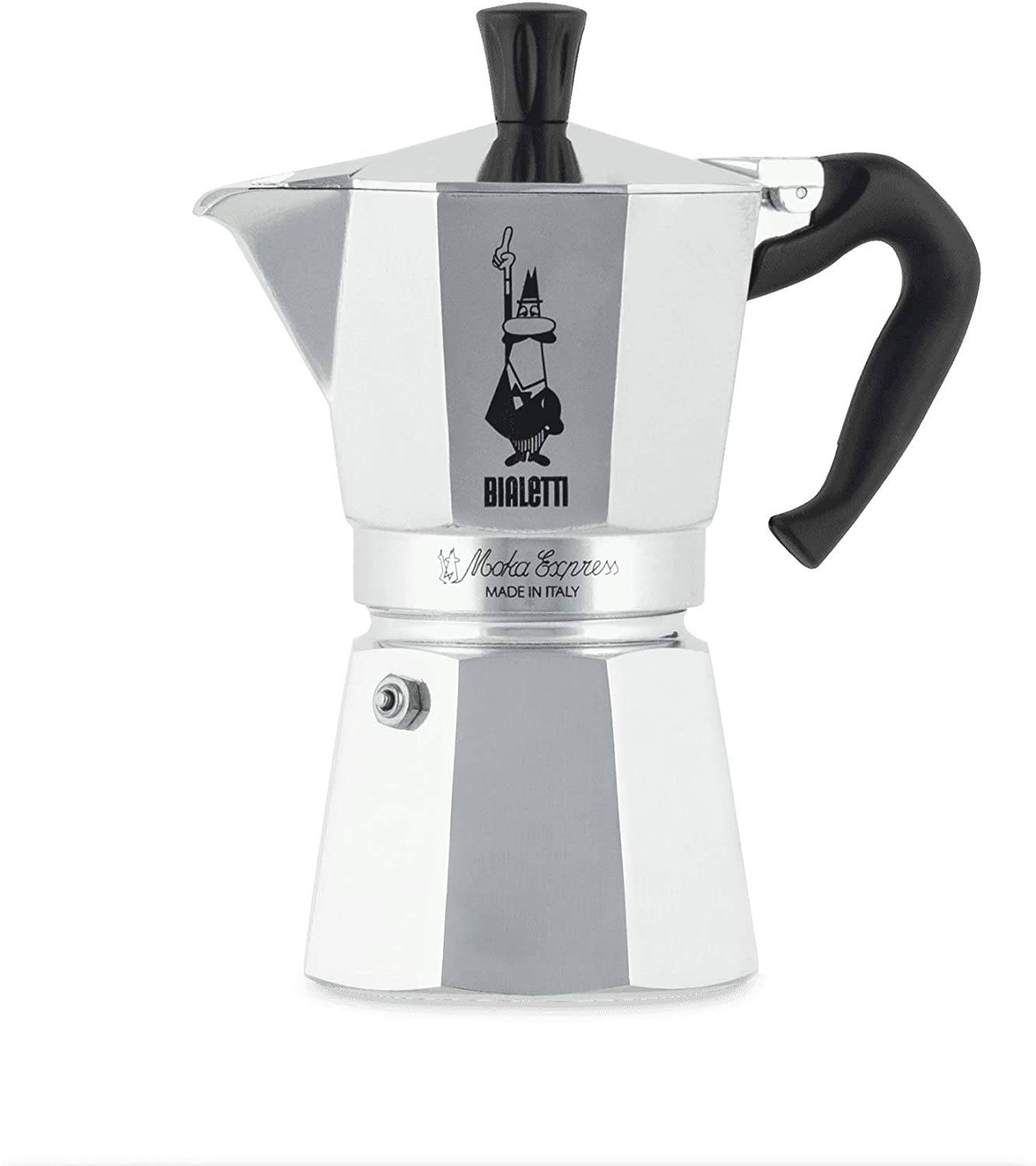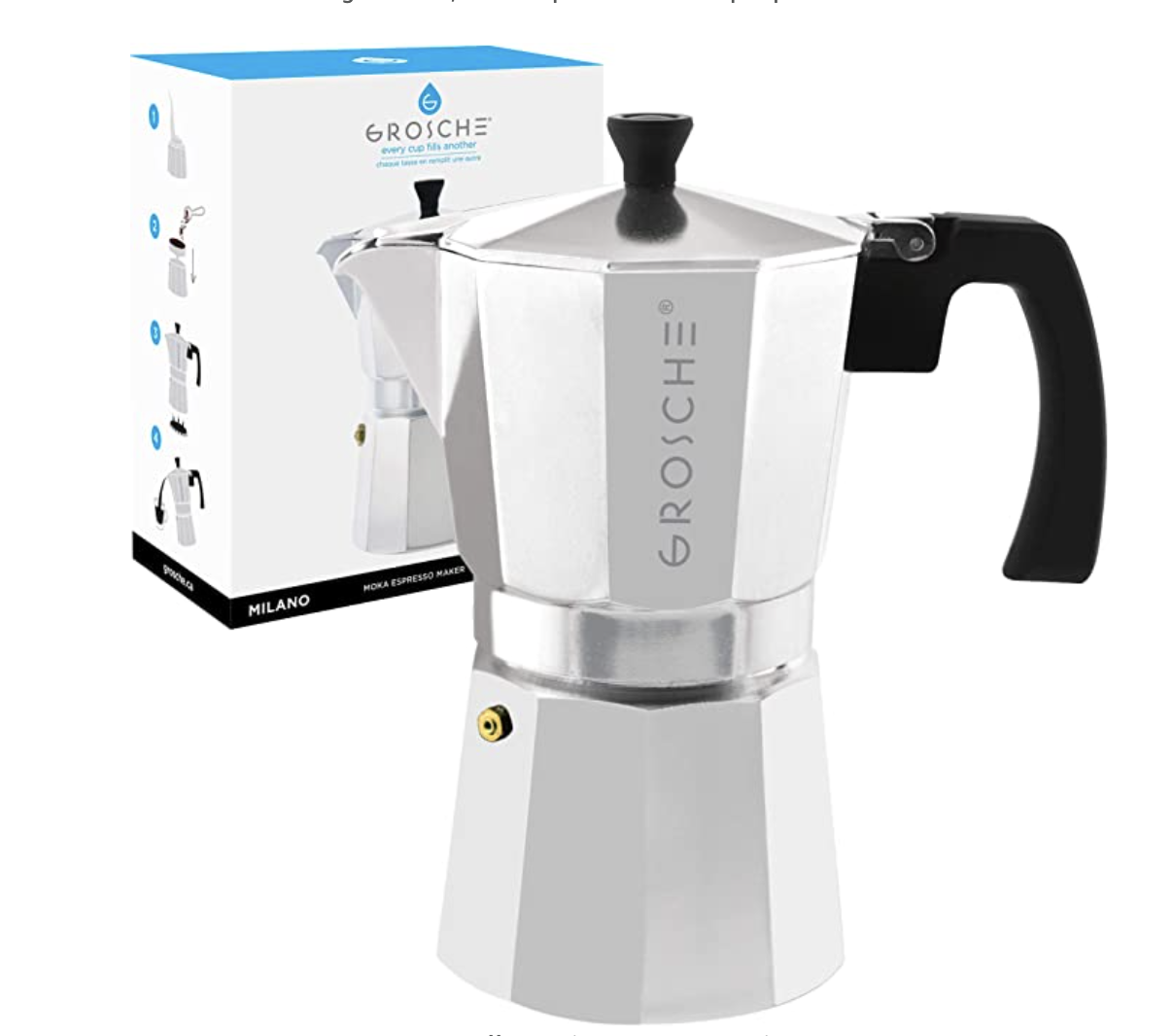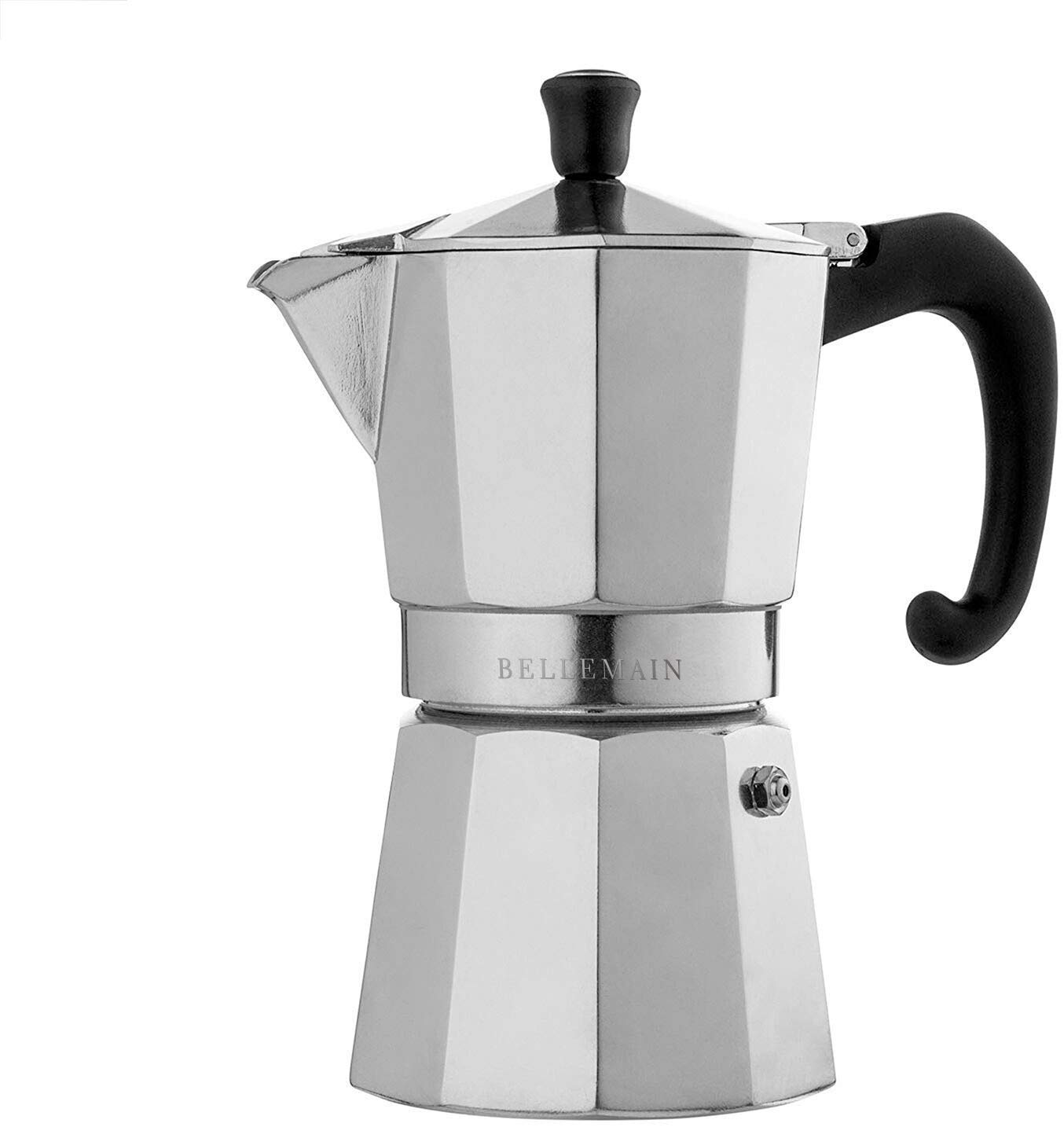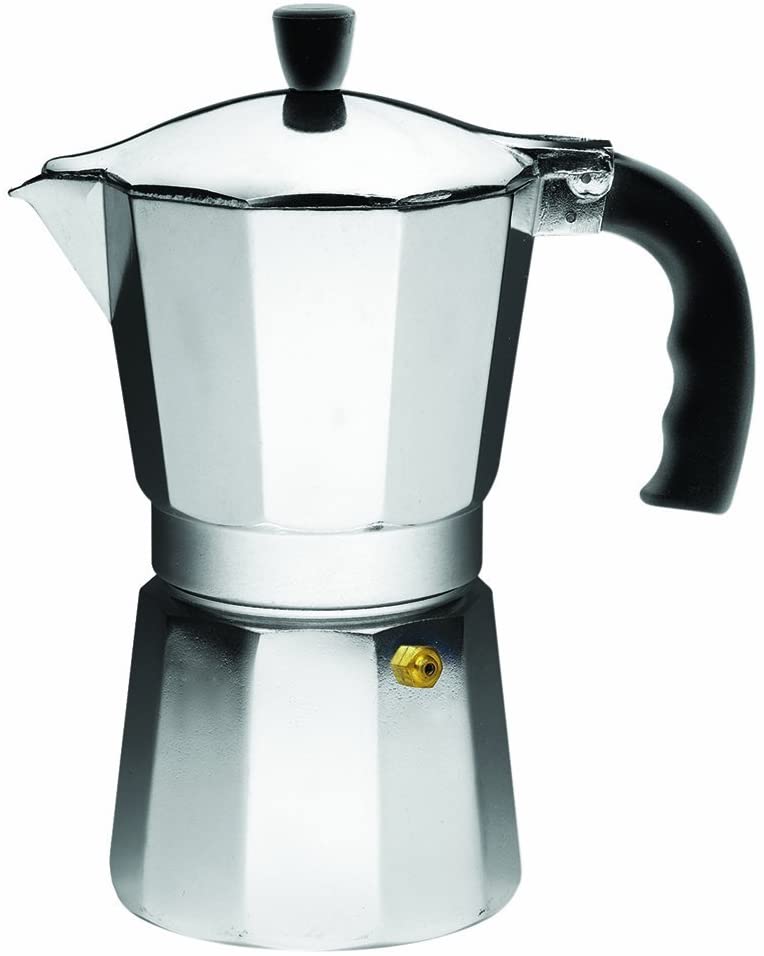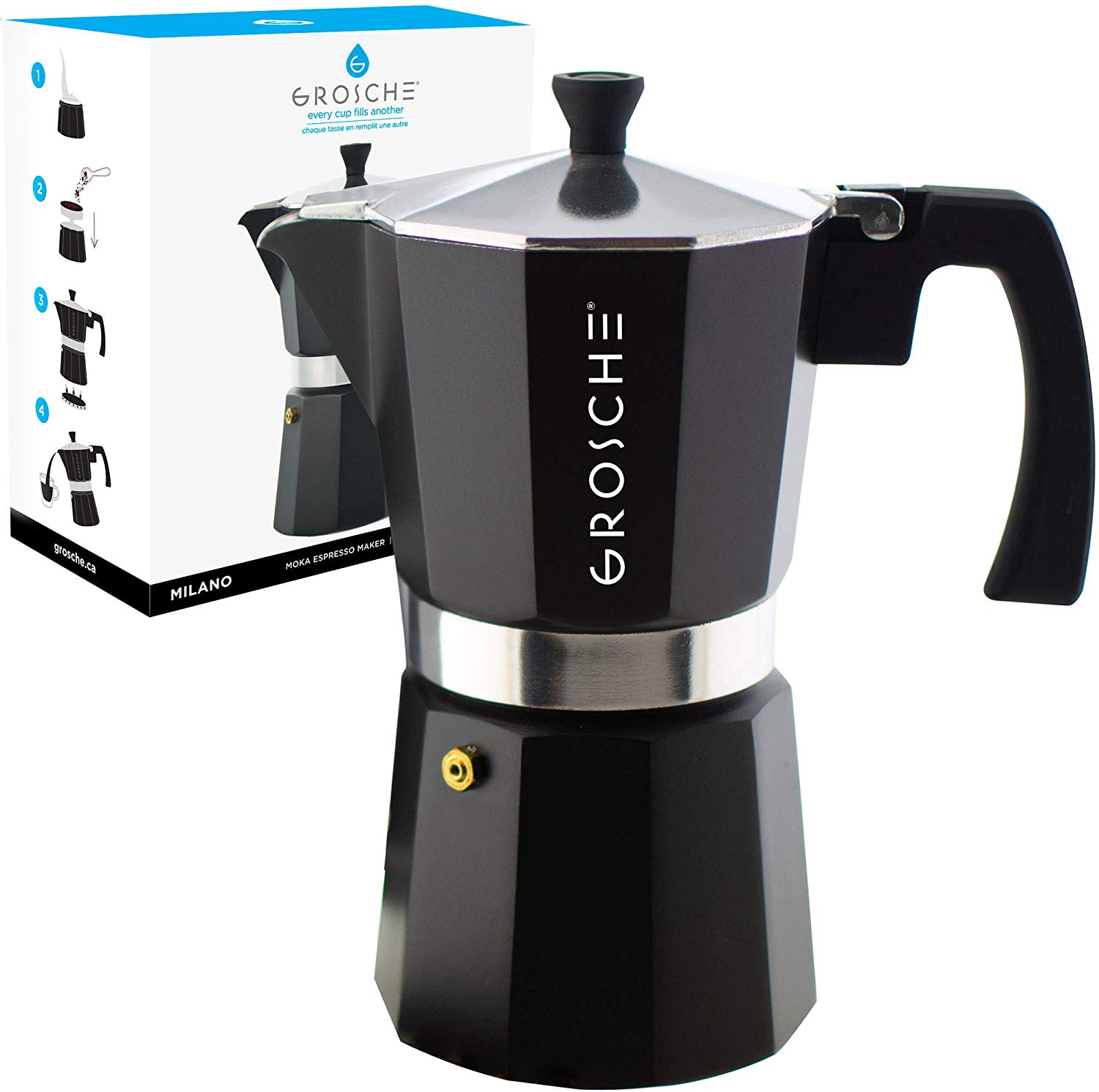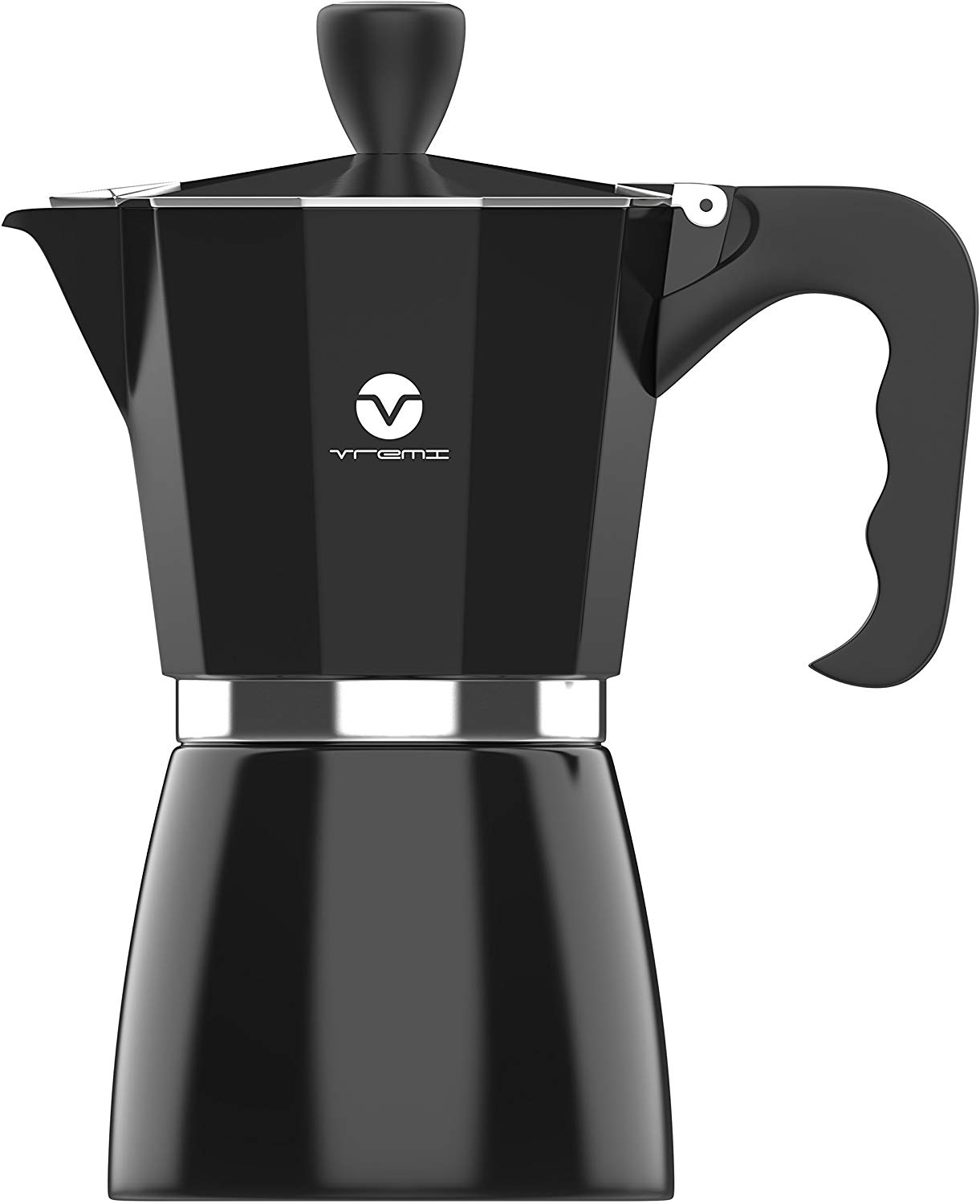LuxHaus Food-Safe Rust-Proof Espresso Maker
Last updated: January 28, 2022
Stainless steel construction makes the LuxHaus Stovetop Moka Pot Espresso Maker equally compatible with regular or induction ranges. That material also makes it durable, and resistant to rust. The minimalist design lets this pot fit in with any kitchen.
We looked at the top Stovetop Espresso Makers and dug through the reviews from some of the most popular review sites. Through this analysis, we've determined the best Stovetop Espresso Maker you should buy.
Product Details
Key Takeaway: Steel construction makes the LuxHaus Stovetop Moka Pot Espresso Maker built to last.
In our analysis of 18 expert reviews, the LuxHaus Food-Safe Rust-Proof Espresso Maker placed 5th when we looked at the top 9 products in the category. For the full ranking, see below.Expert Reviews
What reviewers liked
Last but not least, check out this shiny pot from LuxHaus, which packs all the best features including an easy pour spout, heat resistant handle and a 100% rust-free stainless steel build. It also has a pop-up coffee dispenser to make cleaning it a breeze.
View our Stovetop Espresso Maker buying guide for in-depth advice and recommendations.
